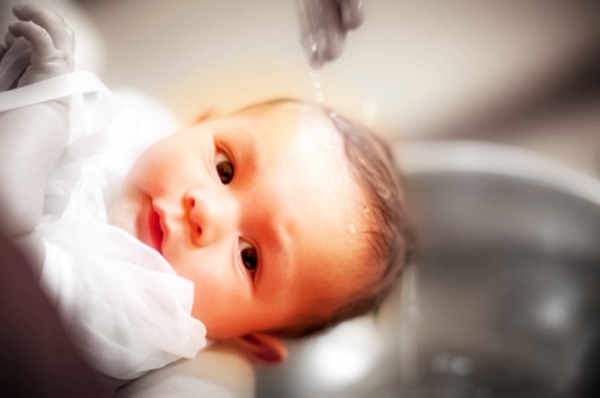BaptismIn his dialogue with Nicodemus, Jesus taught that Baptism was necessary for salvation. "No one can enter the kingdom of God without being born of water and Spirit" (Jn 3:5). After his Resurrection, Jesus met with the eleven Apostles and gave them the commission to preach the Gospel and baptize, telling them, "Whoever believes and is baptized will be saved" (Mk16:16).
|
Who Can Receive Baptism? |
Anyone who has not already been baptized can receive the sacrament of Baptism in the Catholic Church. The Catechism of the Catholic Church states that “Every person not yet baptized and only such a person is able to be baptized,” (paragraph 1246). Baptism leaves an indelible (permanent) mark on the soul and there is no way nor any reason that one could be re-baptized. There are no age restrictions for baptism; you cannot be too old or too young to be baptized.
Please contact the Parish Office of OLHC (call 716-276-9288 or email [email protected]) to schedule. |
Does the Catholic Church accept baptisms from another church?What does the Grace of Baptism accomplish? |
Yes, the Catholic Church recognizes any baptism that uses water and in which the baptized was baptized was the words “I baptize you in the name of the Father, and of the Son, and of the Holy Spirit.” Some churches do not use the trinitarian formula for baptism and thus their baptisms are not valid.
Catholic Baptism does five things specifically...
|

